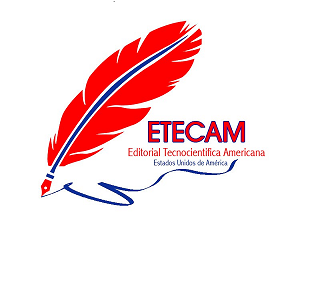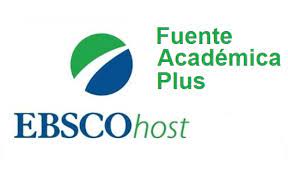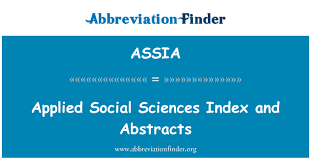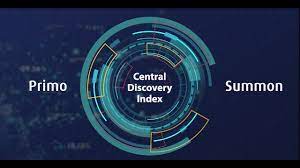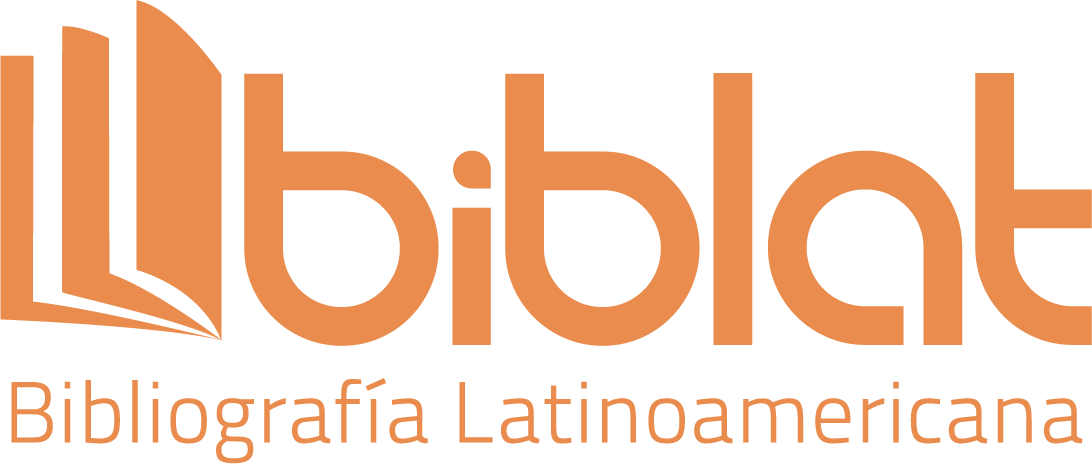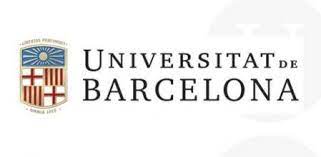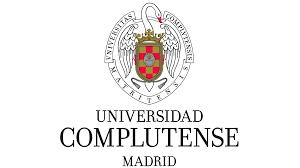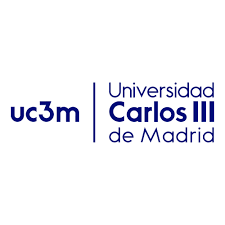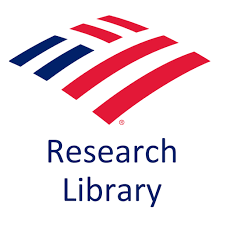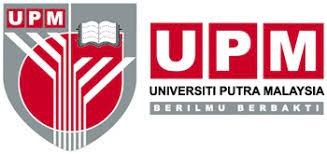Methodological guide to family guidance to promote school performance in basic general education
DOI:
https://doi.org/10.51736/sa.v7iEspecial%205.371Keywords:
methodological guide, family counseling, school performanceAbstract
The role of the family is relevant in the learning processes, which is why family support is considered a decisive element to achieve satisfactory results from an academic point of view. Through the accompaniment of the family in the children's learning process, the activity carried out by the educational institution is reinforced and given meaning. For this reason, the objective of this research is to model a methodological guide for family orientation to promote the academic performance of tenth-year students of Basic General Education at the Alejandro Castro Benítez High School in the El Cambio parish. It was developed from a methodological or mixed approach, allowing the use of different research methods and techniques through three stages, which allowed an adequate development of all the planned aspects, facilitating greater organization and control of these, in an orderly manner. The initial diagnosis served as the basis to determine the actions for the proposal. The methodological guide developed contributed significantly to an increase in the number of ways used to improve the work of teachers with the family, the development of actions and the strengthening of the role of the family based on their support in the learning process. of the children. The consultation with the specialists allowed us to know positive criteria in relation to the level of applicability, effectiveness, relevance, objectivity and coherence of the methodological guide, demonstrating that it contributes to the solution of the problem posed for the research.
Downloads
References
Avila, N., y Giannotti, S., (2020). El acompañamiento familiar en los procesos educativos durante la infancia: un acercamiento a través de estudios de casos. Departamento de Sociología, Universidad de La Habana, Cuba.
Creswell, J. W. (2012). Educational research: Planning, conducting, and evaluating quantitative and qualitative research. Pearson.
Creswell, J. W. (2012). Educational research: Planning, conducting, and evaluating quantitative and qualitative research. Pearson.
Hernández-Sampieri, R. y Mendoza-Torres, C.P. (2018). Metodología de la investigación: las rutas cuantitativa, cualitativa y mixta. McGraw Hill México.
Lastre, K., López, L. y Alcázar, C. (2018). Relación entre apoyo familiar y el rendimiento académico en estudiantes colombianos de educación primaria. Psicogente, 21(39), 102-115. http://doi.org/10.17081/psico.21.39.2825
Michalus, J. C., Sarache, W. A. & Hernández, G. (2015). Método de expertos para la evaluación ex-ante de una solución organizativa. Visión de futuro, 19(1), 0-0.
Pérez, Y. P., Pérez, C. T. B., Blanco, A. J. A., & Ruiz, A. L. (2021). Acciones educativas de la familia con el escolar durante el confinamiento por la COVID-19. Revista Cubana de Pediatría, 93(3), 1-22. https://www.medigraphic.com/pdfs/revcubped/cup-2021/cup213e.pdf
Ramos, Y., & González, M.. (2017). Un acercamiento a la función educativa de la familia. Revista Cubana de Medicina General Integral, 33(1)
Rojano, T. (2014). El futuro de las tecnologías digitales en la educación matemática: prospectiva a 30 años de investigación intensiva en el campo. Editorial Santillana.
Rojano, T. (2014). El futuro de las tecnologías digitales en la educación matemática: prospectiva a 30 años de investigación intensiva en el campo. Editorial Santillana
Published
Versions
- 2024-08-27 (2)
- 2024-08-27 (1)
How to Cite
Issue
Section
License
Copyright (c) 2024 Gina Amarílis Sarango Bustamante, Diana Jacqueline Mosquera Macías, Martha Gloria Martínez Isaac, Arian Vázquez Alvarez

This work is licensed under a Creative Commons Attribution-NonCommercial-ShareAlike 3.0 Unported License.













